
Robert F. Kennedy is Reportedly Pushing to Ban All Sodas & Candy From U.S. Food Stamp Benefits. Thoughts?

Can Taxpayer Dollars Buy Soda? A Debate Over SNAP, Health, and Autonomy
For decades, the Supplemental Nutrition Assistance Program (SNAP), widely known as food stamps, has allowed recipients to purchase nearly any food or beverage sold in grocery stores—including sugary sodas. That policy has made soda one of the most common items bought with benefits, despite the fact that public health experts identify it as the single largest source of added sugar in the American diet. The contradiction is striking: taxpayer dollars are simultaneously funding soda consumption while government health agencies spend billions addressing the obesity, diabetes, and heart disease epidemics tied to excessive sugar intake.
Into this long-running conflict steps Health and Human Services Secretary Robert F. Kennedy Jr., who has proposed banning soda and candy purchases with SNAP. His plan has drawn both fierce resistance and unexpected bipartisan interest, turning what may seem like a narrow policy question into a wider test of how far government should go in shaping America’s eating habits. Comparisons to past public battles against Big Tobacco are inevitable, as Kennedy frames soda companies as modern-day villains profiting at the expense of public health.
Policy Push Meets Political Resistance
Kennedy has been urging governors to apply for federal waivers that would allow their states to restrict soda and candy purchases. Yet the program itself falls under the authority of the Department of Agriculture (USDA), not HHS, creating institutional tension. Agriculture Secretary Brooke Rollins has voiced concern over the scope and speed of Kennedy’s push, signaling that even officials who support the broader “Make America Healthy Again” initiative are wary of bureaucratic overreach.
This is hardly the first time such restrictions have been floated. New York City, under Mayor Michael Bloomberg in 2011, and Maine in 2018 both tried to prohibit soda purchases with SNAP, but the USDA rejected their requests, citing administrative challenges and lack of evidence that bans would improve long-term health outcomes. The hurdles are significant: waivers must clearly define restricted products, reliably track consumption changes, and demonstrate measurable public health impact. Even seemingly simple distinctions—like differentiating sugary sodas from flavored sparkling waters—can be more complicated than they appear.
Despite these barriers, momentum is quietly building. Governors in Arkansas, Utah, and West Virginia have already announced intentions to pursue waivers, while Democrats such as California’s Gavin Newsom and Colorado’s Jared Polis have indicated they are open to exploring similar restrictions. That rare bipartisan openness suggests a shifting political landscape, even as lobbying groups like the American Beverage Association mount aggressive campaigns to portray such policies as unfair and stigmatizing.
The Public Health Argument
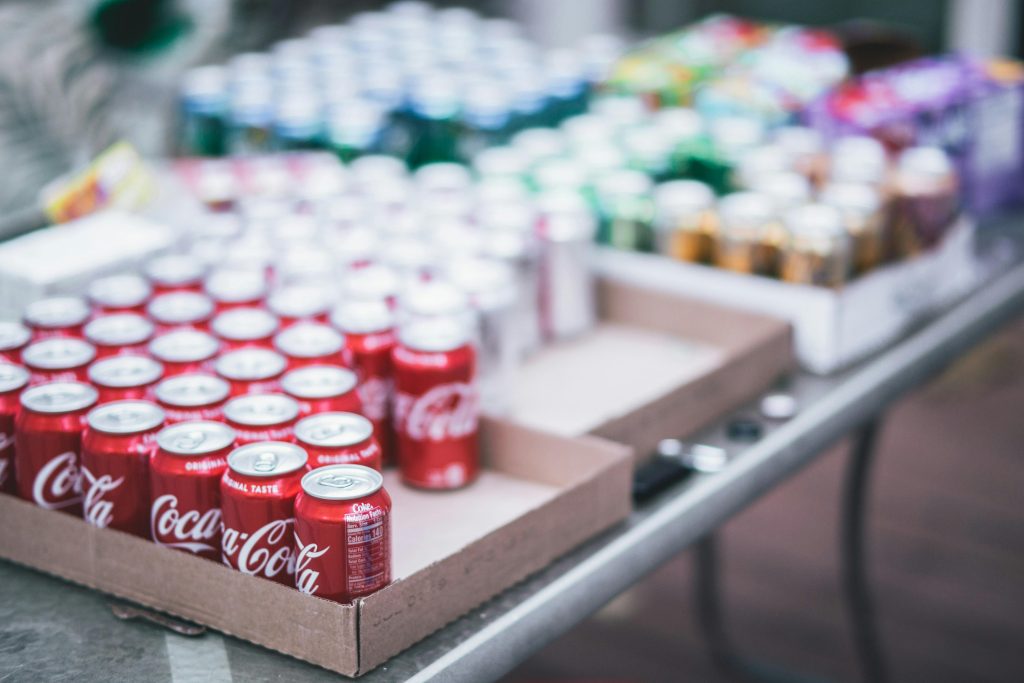
Few experts dispute the risks of sugary drinks. The Centers for Disease Control and Prevention (CDC) identifies soda as the top contributor of added sugars in the American diet, fueling rising rates of obesity, diabetes, and cardiovascular disease. More than 36 percent of U.S. children are now overweight, obese, or prediabetic, a trend that carries enormous implications for future healthcare spending and quality of life.
Kennedy frames his proposal as an attempt to break a vicious cycle: the government subsidizes foods that worsen health, then spends billions treating the chronic conditions they help cause. He likens soda companies to the tobacco industry, accusing them of deliberately shaping consumer behavior in ways that harm communities—particularly low-income neighborhoods, where rates of diet-related illnesses are disproportionately high.
Yet many nutrition experts caution that while reducing soda consumption is beneficial, SNAP restrictions alone may not deliver the sweeping results Kennedy hopes for. Joel Berg, CEO of Hunger Free America, argues that the real solution lies in making healthy foods more affordable and accessible. Dariush Mozaffarian, director of the Food as Medicine Institute at Tufts University, supports discouraging soda intake but highlights incentive programs—such as doubling SNAP benefits when used for fruits and vegetables—as more effective strategies than outright bans.
Economic and Social Equity Concerns

Beyond health, the debate touches on dignity and autonomy. SNAP provides critical support to 42 million Americans, but it also symbolizes independence and choice for struggling families. Critics warn that restricting soda and candy risks stigmatizing low-income households, implying they cannot be trusted to make responsible food decisions.
Personal stories highlight this tension. Natalie Kiyah, a working mother of four from Portland, Oregon, describes occasionally buying soda with her benefits as part of a family pizza night. “The more choice I have, I feel more dignity,” she explains. “I feel more secure in who I am, and that makes me a better mom with better mental health.” For families like hers, the debate is not just about sugar—it’s about preserving small joys and a sense of control in an already constrained life.
A 2021 USDA survey reinforces these concerns: more than 60 percent of SNAP participants reported that affordability and limited access to fresh produce were their biggest barriers to healthy eating. Many live in food deserts, where fast food and processed items dominate while fresh fruits and vegetables remain scarce. Without addressing these systemic inequities, critics argue, soda bans risk punishing individuals while ignoring the deeper problem of unequal access to nutritious food.
Industry Influence and Lobbying Battles

No discussion of SNAP reform can avoid the shadow of the food and beverage industry. Soda manufacturers and the American Beverage Association are fighting hard against Kennedy’s proposal, warning that restrictions would stigmatize SNAP users without producing meaningful health improvements. “We are fiercely protective of our consumers and their ability to make decisions for their families,” said Meredith Potter, a senior vice president at the association.
The conflict echoes earlier public health battles with tobacco. Kennedy himself embraces the comparison, painting soda companies as another entrenched industry resisting regulation despite overwhelming evidence of harm. The stakes are high: sugary drinks rank among the most frequently purchased SNAP items, and restrictions could significantly dent beverage companies’ profits.
Industry leaders counter that they have already diversified product lines, pointing to the growing popularity of bottled water, sparkling water, and lower-calorie drinks. They also insist that SNAP users consume soda at rates similar to the general population, undermining the argument that food stamps disproportionately fuel sugar consumption. But history shows the power of industry lobbying in Washington—previous SNAP restriction efforts were defeated in large part because of the beverage industry’s ability to frame the debate as one about personal freedom.
A Growing State-Level Movement
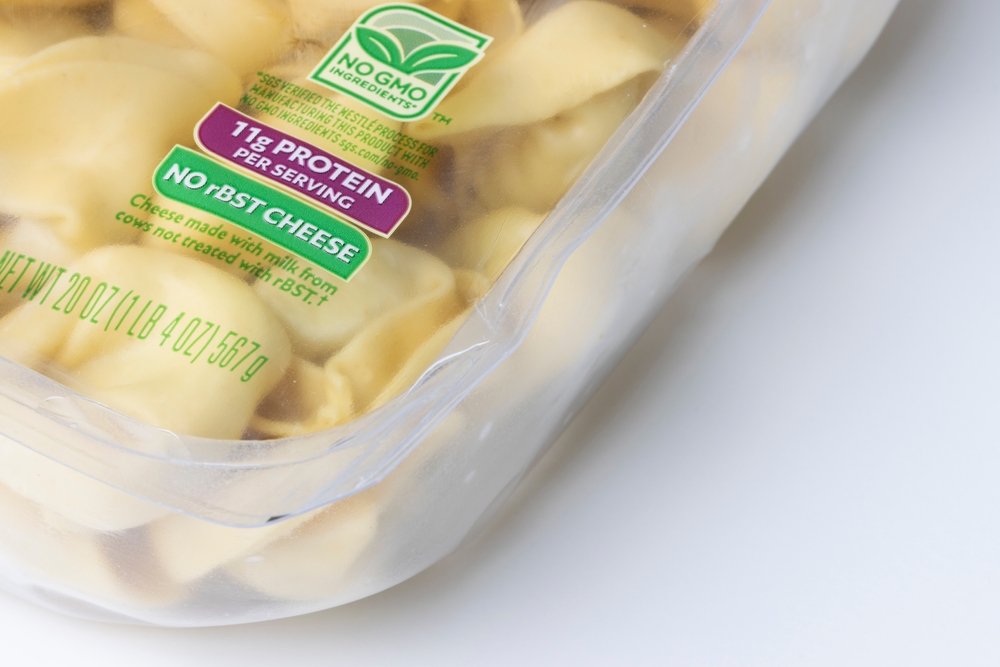
While Washington debates feasibility, states are beginning to act. Arkansas, Utah, and West Virginia have advanced legislation directing their governments to request USDA waivers, effectively positioning themselves as test cases. Utah Governor Spencer Cox has already signed a bill, while West Virginia’s Patrick Morrisey announced plans alongside Kennedy to petition the federal government.
The bipartisan dimension makes these moves especially significant. While Republican governors have led the charge, Democratic leaders like Newsom and Polis show willingness to consider restrictions, reflecting shared concerns over skyrocketing healthcare costs and preventable diseases. State experiments could provide valuable data—if restrictions prove workable and impactful, they may set the stage for national adoption. If not, they could reinforce skepticism that such bans are little more than symbolic politics.
Health Reform or Symbolic Politics?
Robert F. Kennedy Jr.’s initiative sits at the intersection of health reform, economic equity, and political theater. Supporters view it as a necessary correction: taxpayer-funded nutrition programs should align with public health goals rather than subsidize products that fuel chronic disease. Critics counter that the proposal risks treating symptoms rather than root causes—ignoring the affordability crisis, food deserts, and corporate dominance of the food system.
The central question is whether the government should use SNAP as a tool to reshape the nation’s diet. Is banning soda and candy a bold, overdue step toward reducing preventable disease, or is it a distraction from systemic reforms that could make healthy foods universally affordable and accessible?
What is certain is that Kennedy’s push has reignited a national conversation about food, health, and responsibility. Whether it succeeds or fails, the debate will likely shape the future of both state and federal nutrition policy for years to come.
News in the same category


New mRNA Shot Turns Immune Cells Into Cancer-Killers Directly Inside the Body, Study Finds
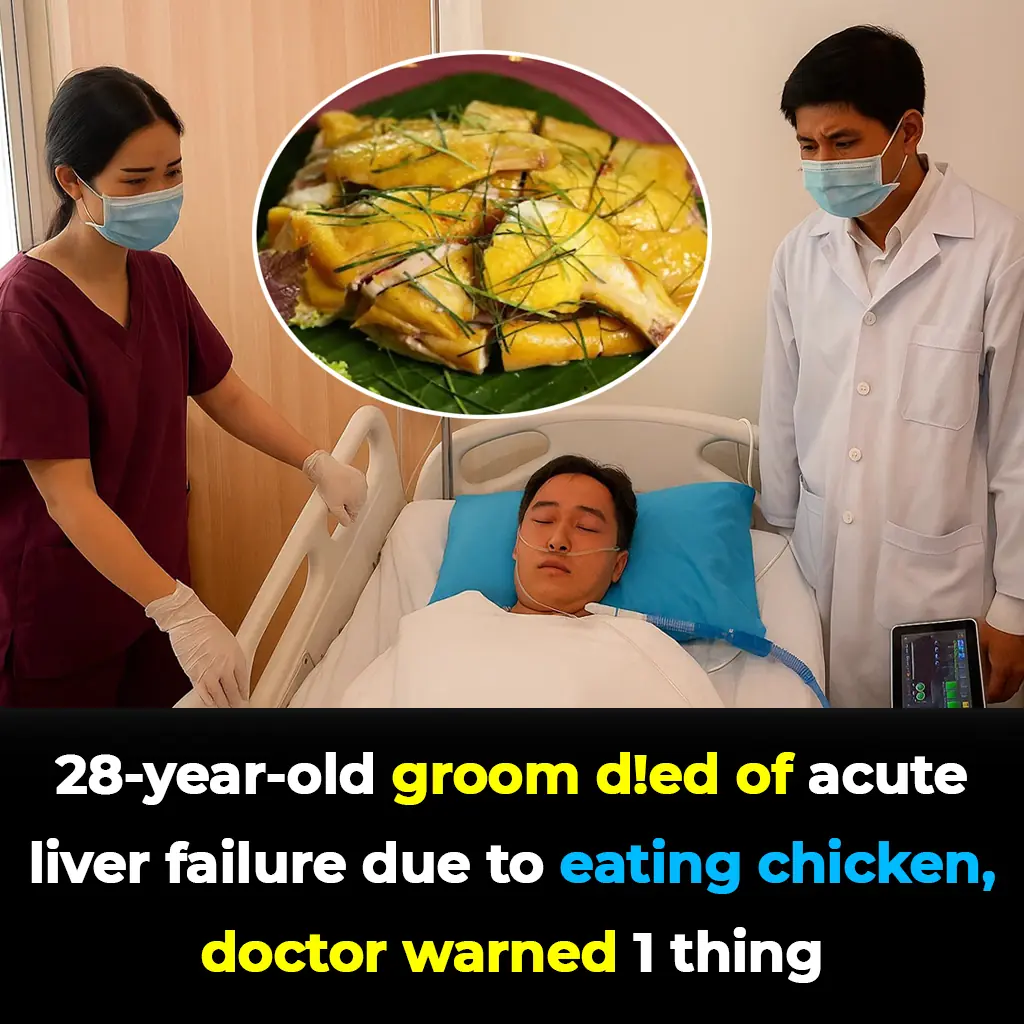
Groom-To-Be, 28, Dies of Acute Liver Failure After Eating Chicken: Doctors Urge the Public to Beware of This Hidden Danger
The tragic story of a young man in China who was preparing for his wedding but suddenly died from acute liver failure after food poisoning has shocked the nation. Experts warn that improper food handling and consumption of spoiled or contaminated food can
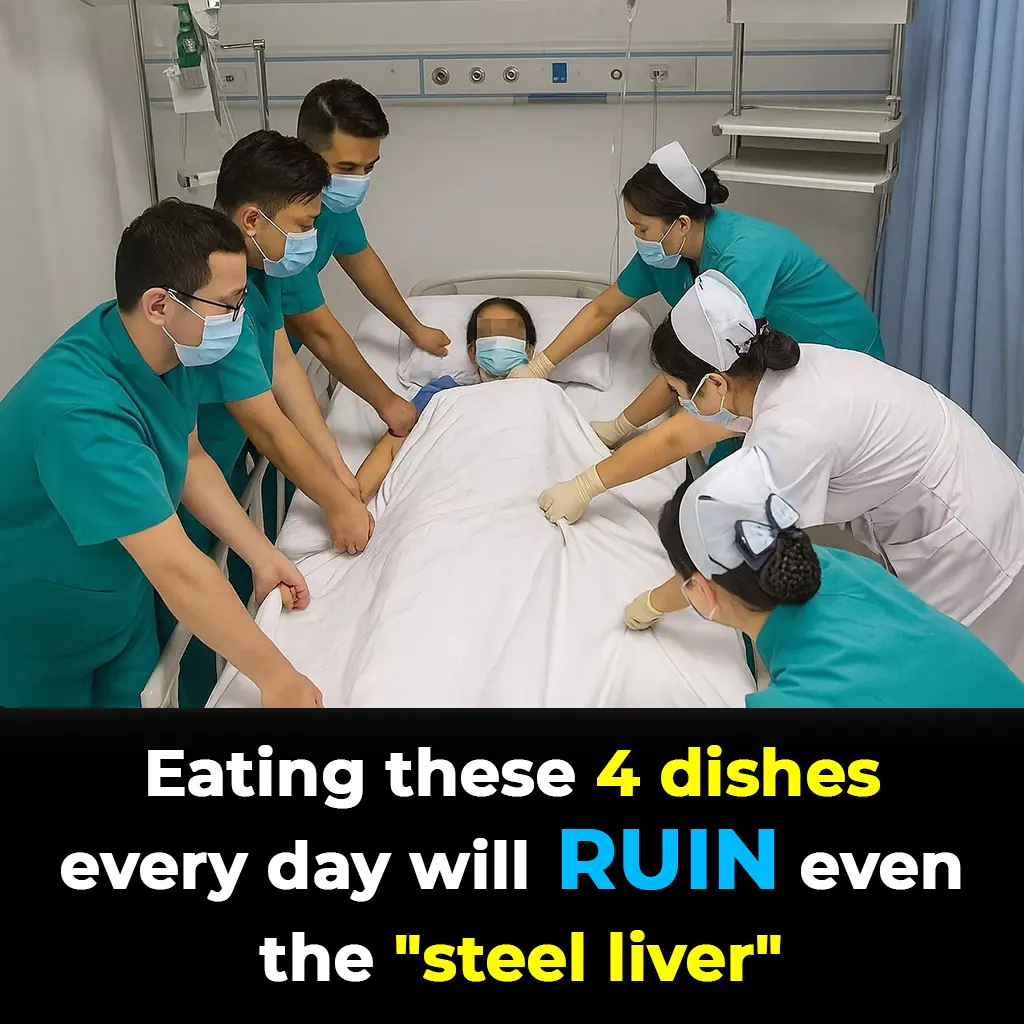
He Never Drank Alcohol but Died of Liver Failure: Doctors Reveal 4 Common Foods That Quietly Destroy the Liver
A man who stayed away from alcohol his entire life shocked his family when he was diagnosed with liver failure and passed away at just 55 years old. Doctors warn that alcohol is not the only enemy of the liver—certain everyday foods can be just as destr
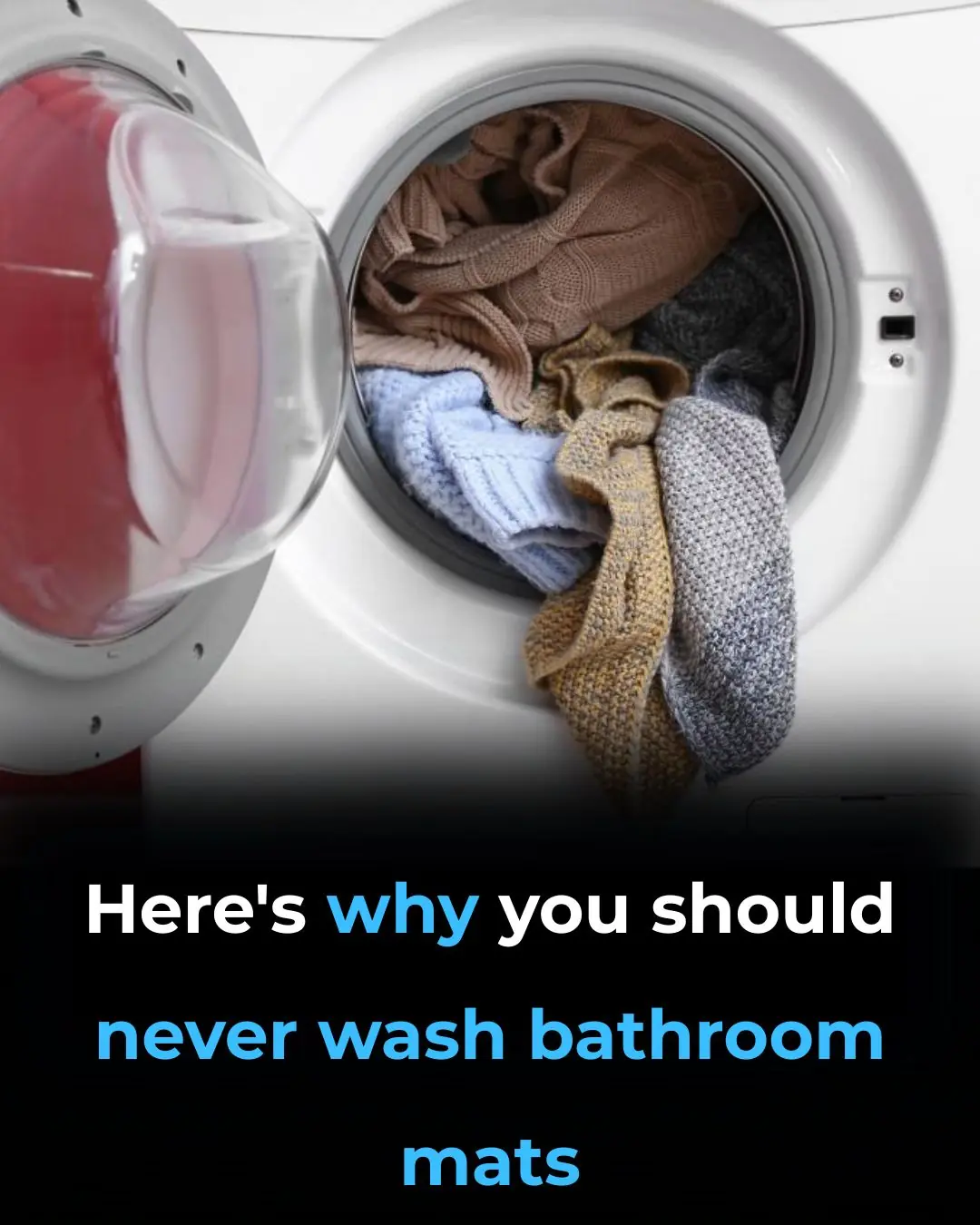
Why You Shouldn’t Be Washing Bath Mats in the Washer

Snakes in Your House
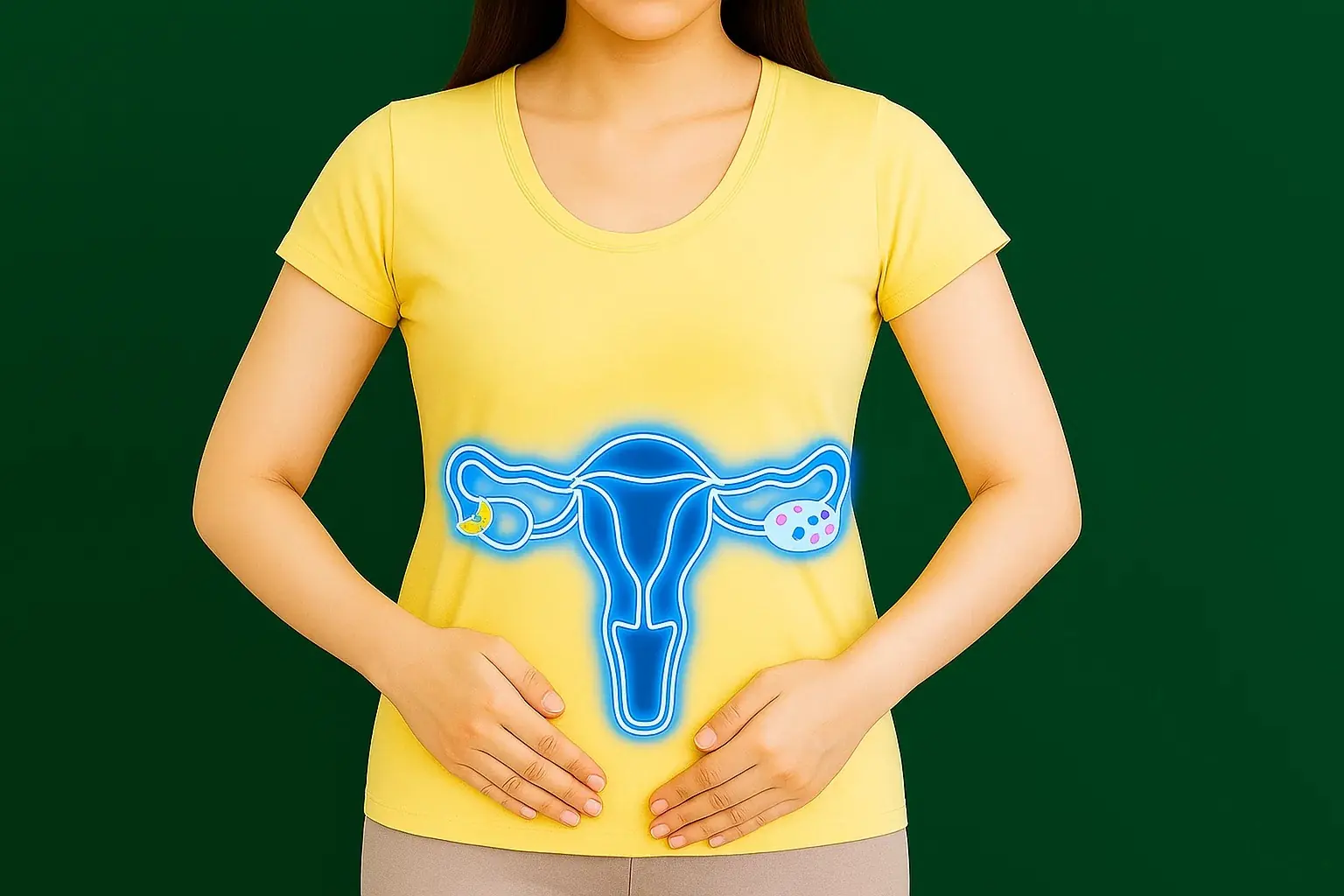
3 Hidden Husband Habits That Could Raise Their Wives’ Cervical Cancer Risk
Husbands may not always realize it, but their daily choices play a huge role in shaping their wives’ long-term health.
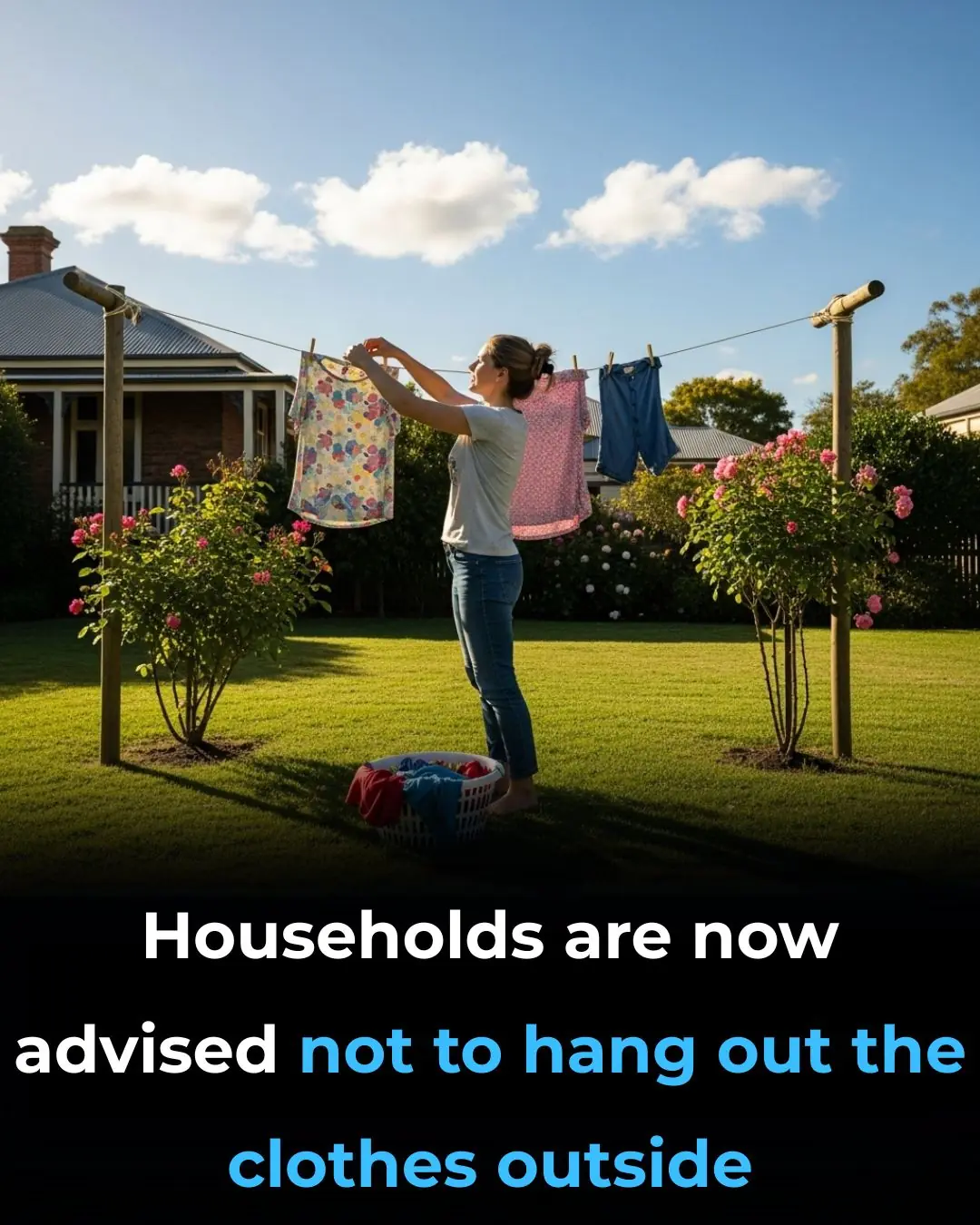
Why Is It Not Recommended To Hang Out The Clothes Outside

Sleeping Position With Your Partner
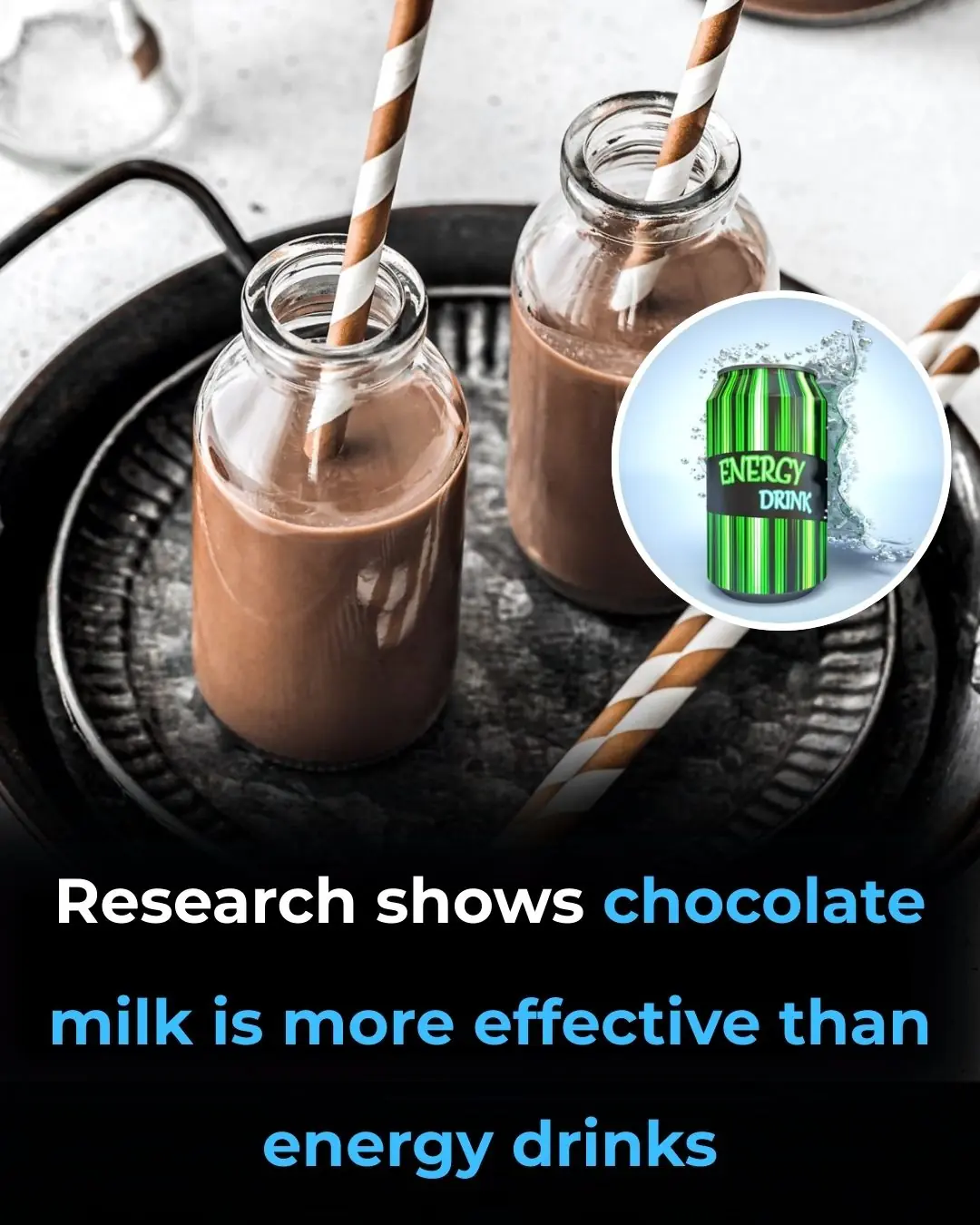
Research Shows Chocolate Milk is More Effective Than Energy Drinks

When Goosebumps May Be a Warning Sign
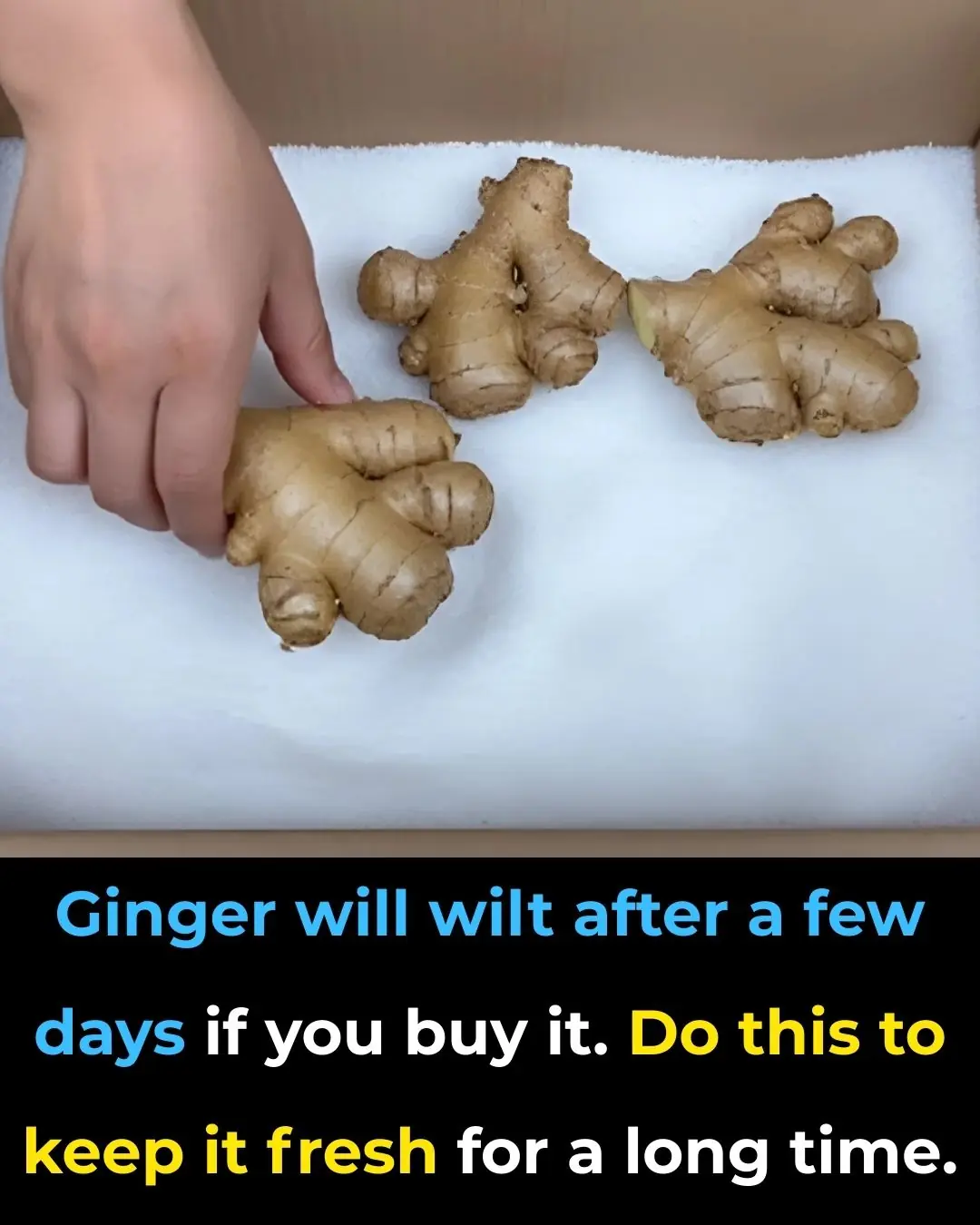
Effective Methods to Keep Ginger Fresh for Extended Periods
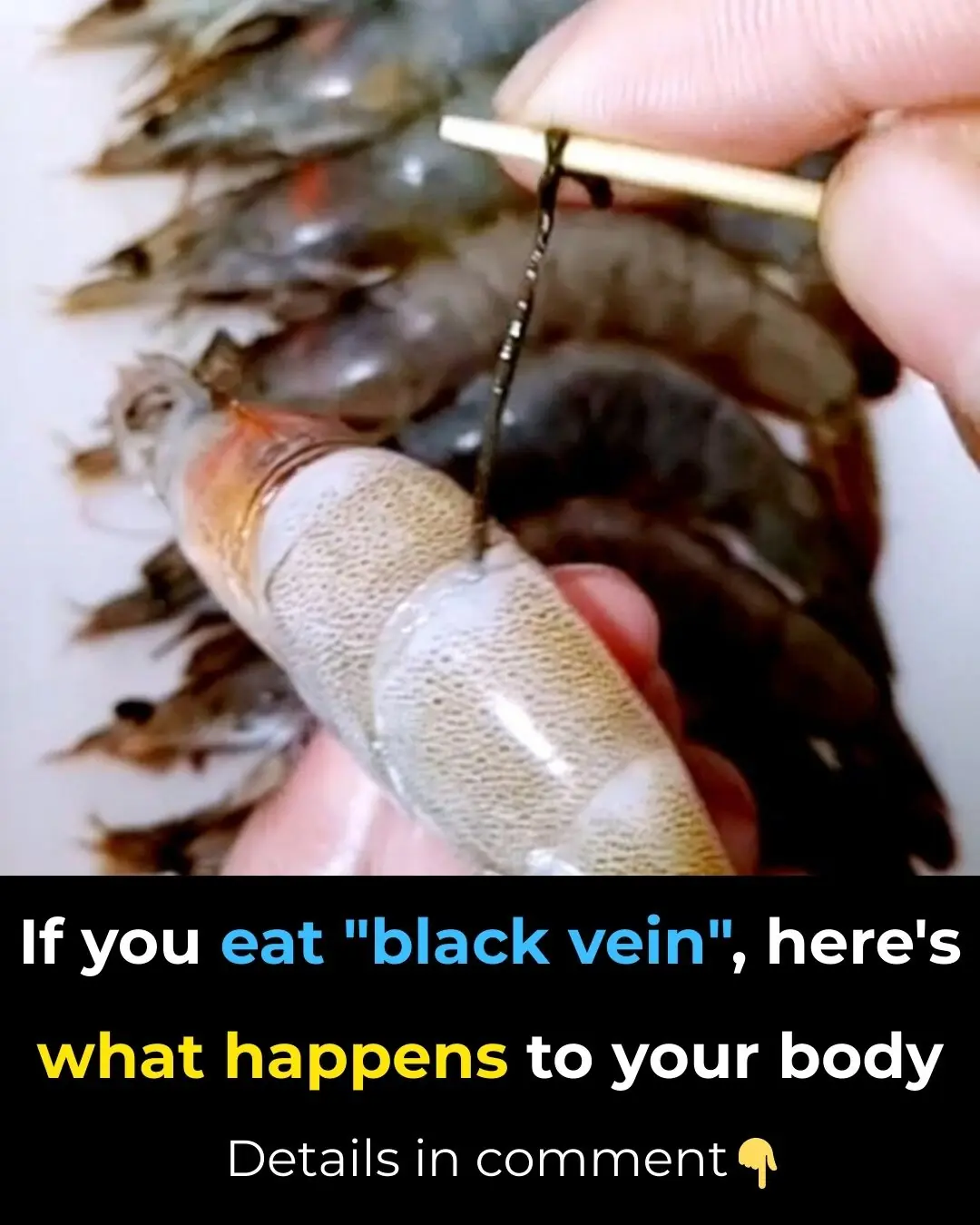
The Truth About Eating the Black Vein in Shrimp Tails
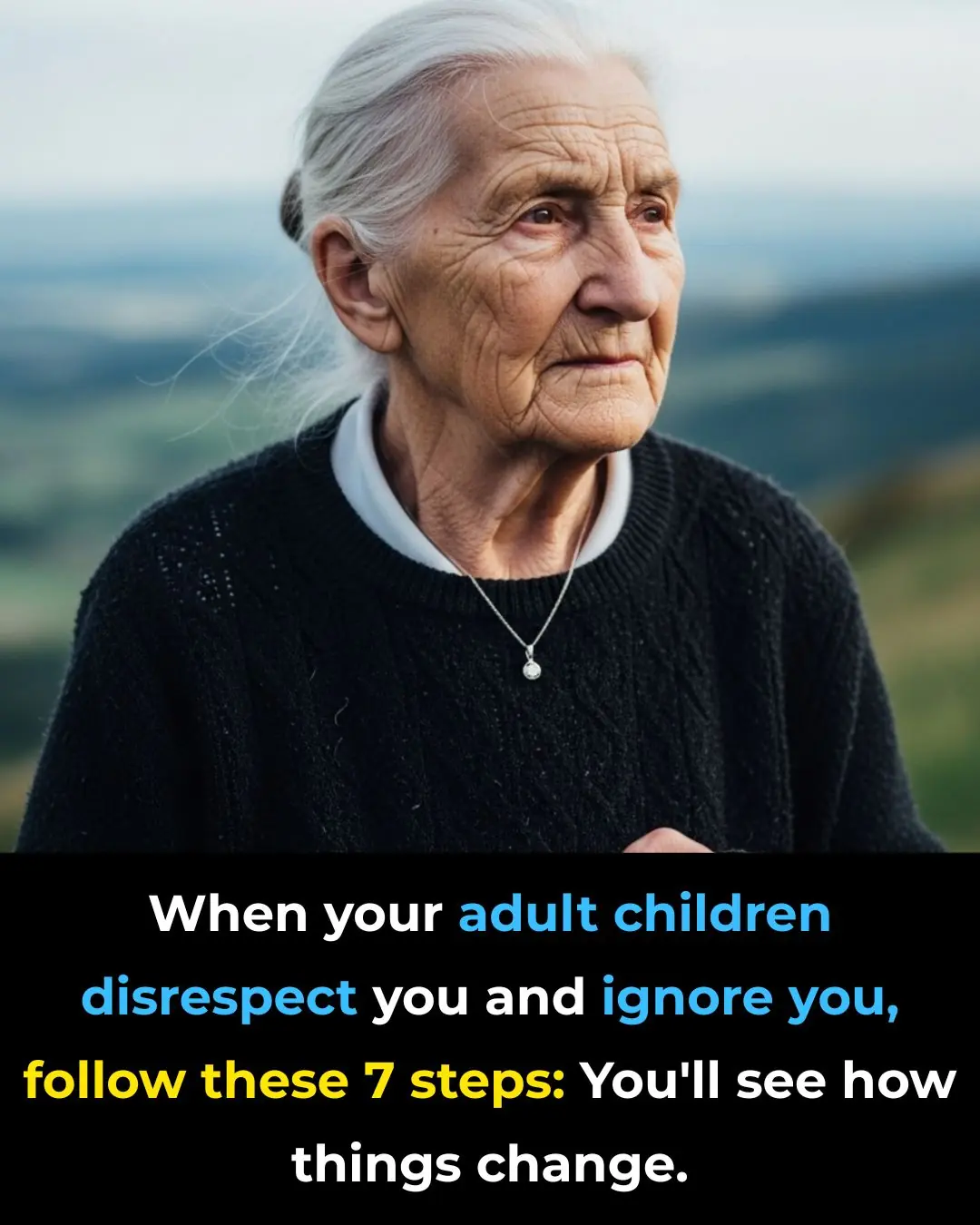
Steps to Take When Your Adult Children No Longer Show Respect
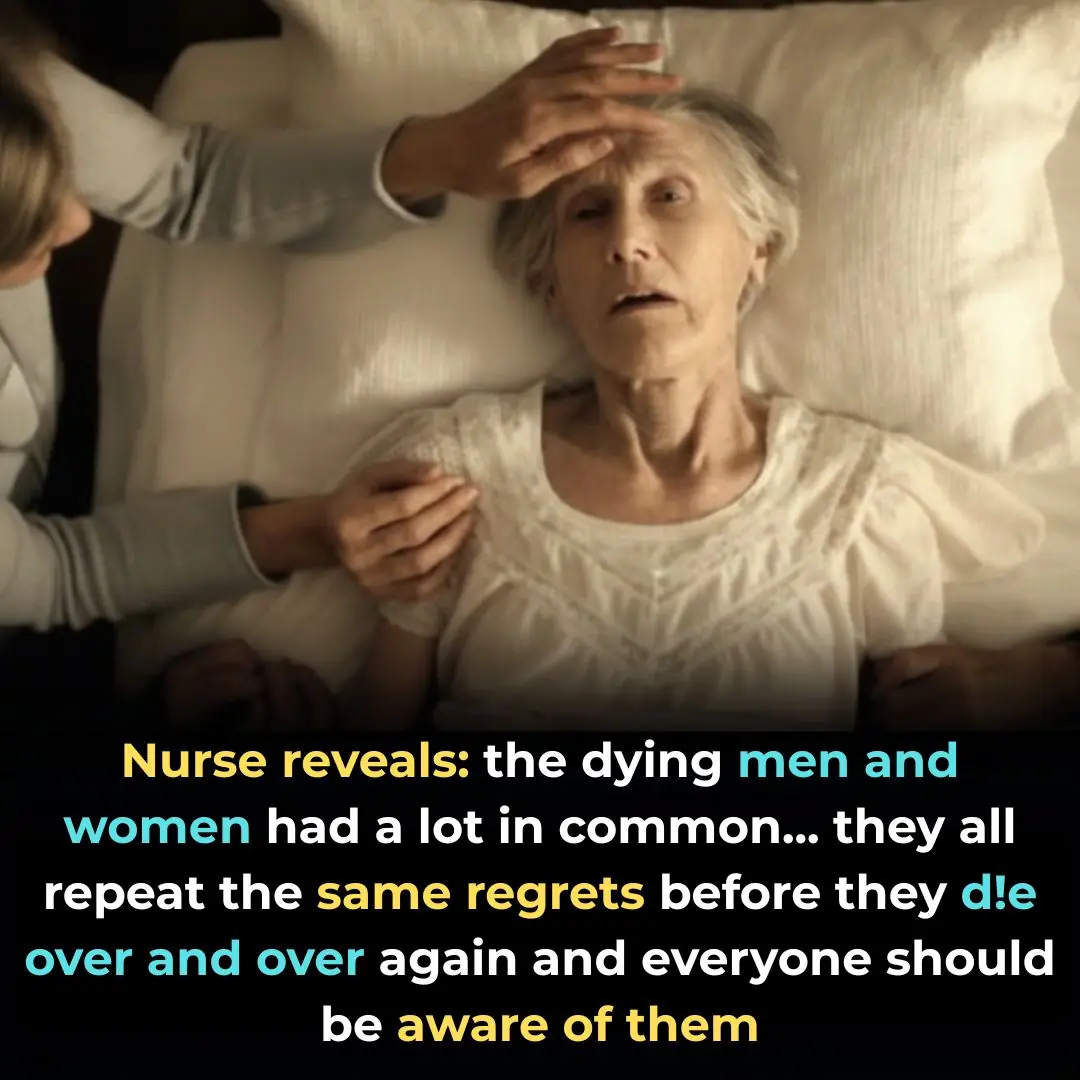
5 Most Common Deathbed Regrets, According to Palliative Care Nurse

Donald Trump Asks Supporters To Donate $15 To ‘Get Him To Heaven’

Why Are Mirrors Commonly Installed in Elevators? The Unexpected Benefits of Elevator Mirrors

9 things you should never plug into a power strip

The Spiritual Meaning of Black Butterflies Entering Your Home Revealed
Black butterflies carry meanings that are as complex as they are beautiful.
News Post

MAHA Chief Medical Advisor Dr. Aseem Malhotra Just Declared That No One Should Have Ever Taken the COVID mRNA Vaccines.

New mRNA Shot Turns Immune Cells Into Cancer-Killers Directly Inside the Body, Study Finds

One Vitamin That Could Transform Your Circulation

Why Cold Showers on Hot Summer Nights May Keep You Awake

Lesser-Known Menopause Symptoms

Signs Your Cortisol Is Dangerously High
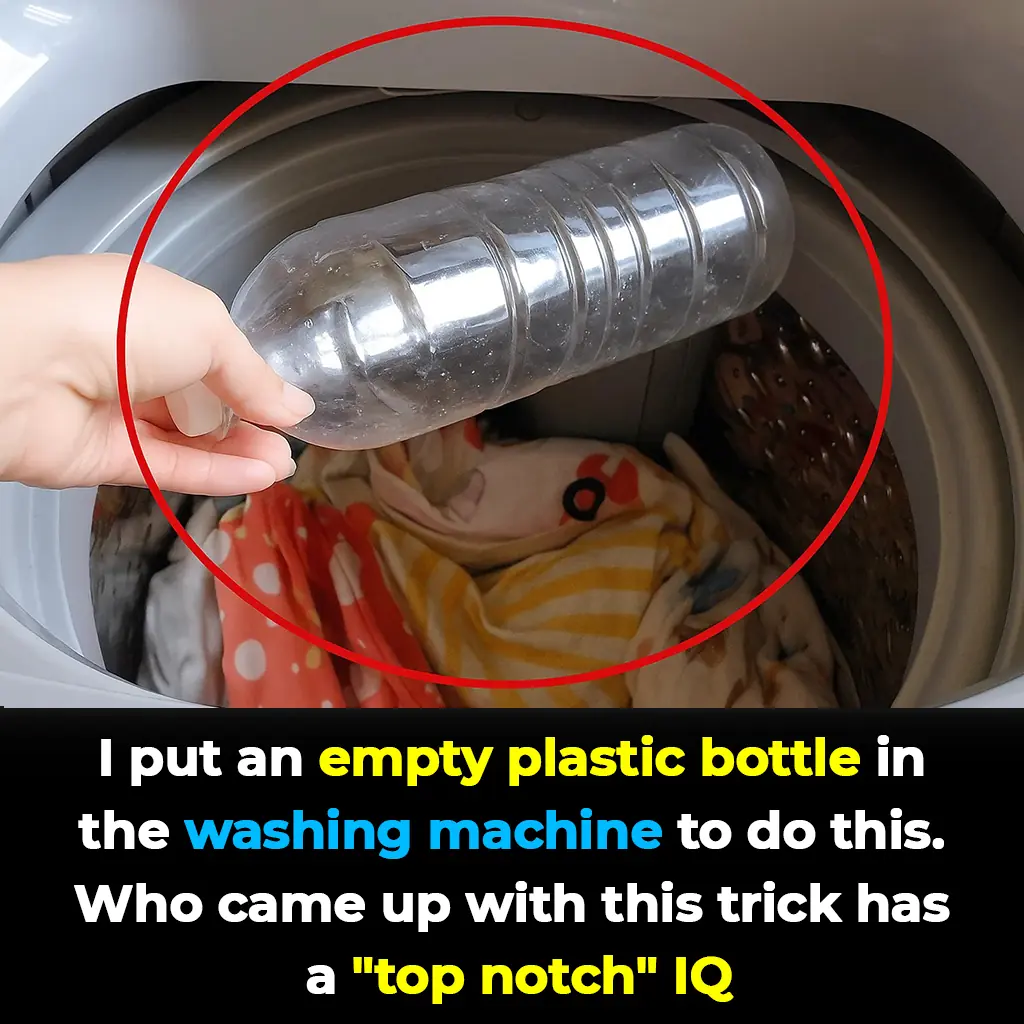
Genius Laundry Hack: Why Putting an Empty Plastic Bottle in Your Washing Machine Can Save Time and Hassle
It may sound strange, but dropping a simple empty plastic bottle into your washing machine could completely change the way you do laundry. This clever trick not only prevents clothes from tangling but also improves the overall cleaning process, making you
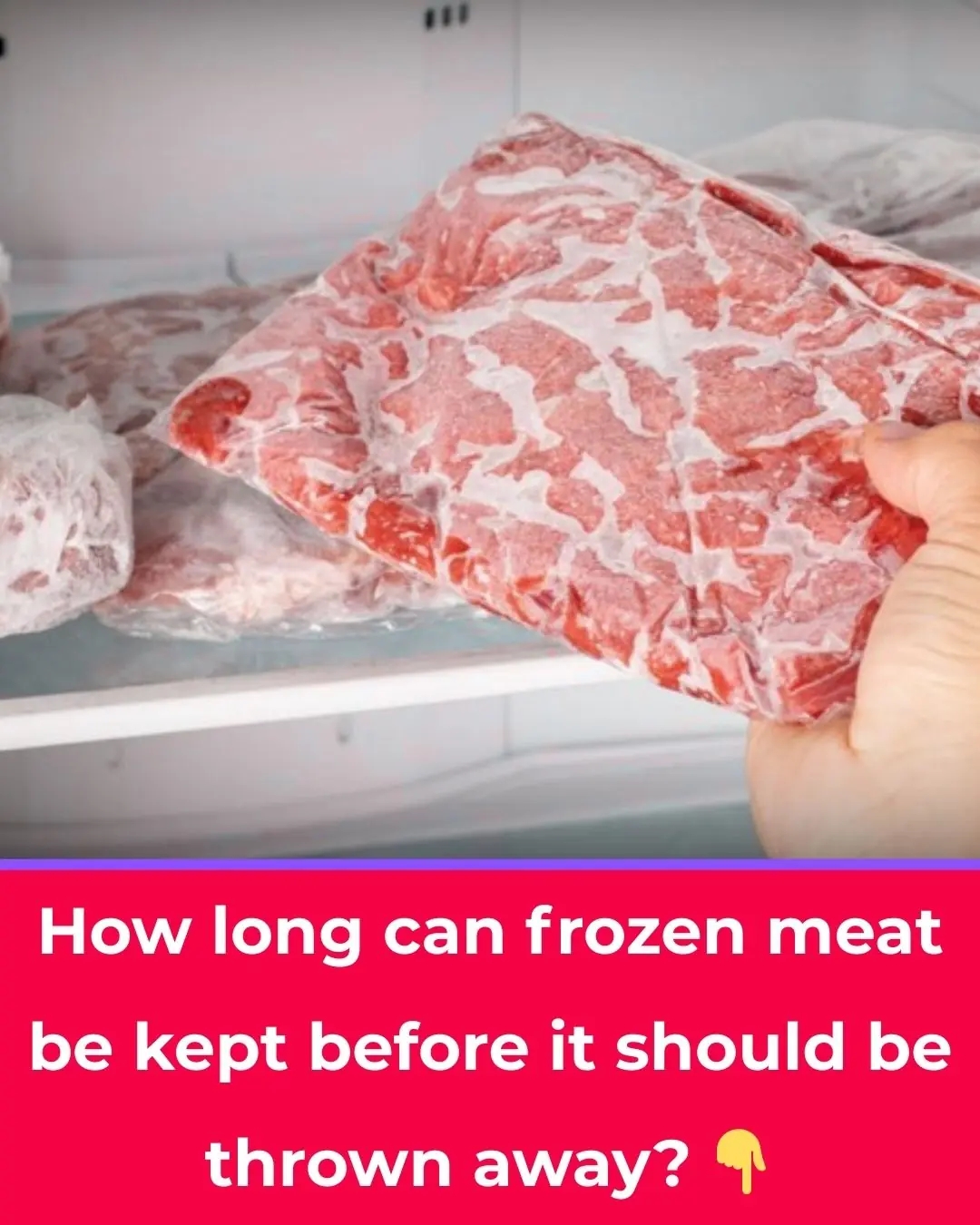
How long should frozen meat be thrown away? Here's the answer.
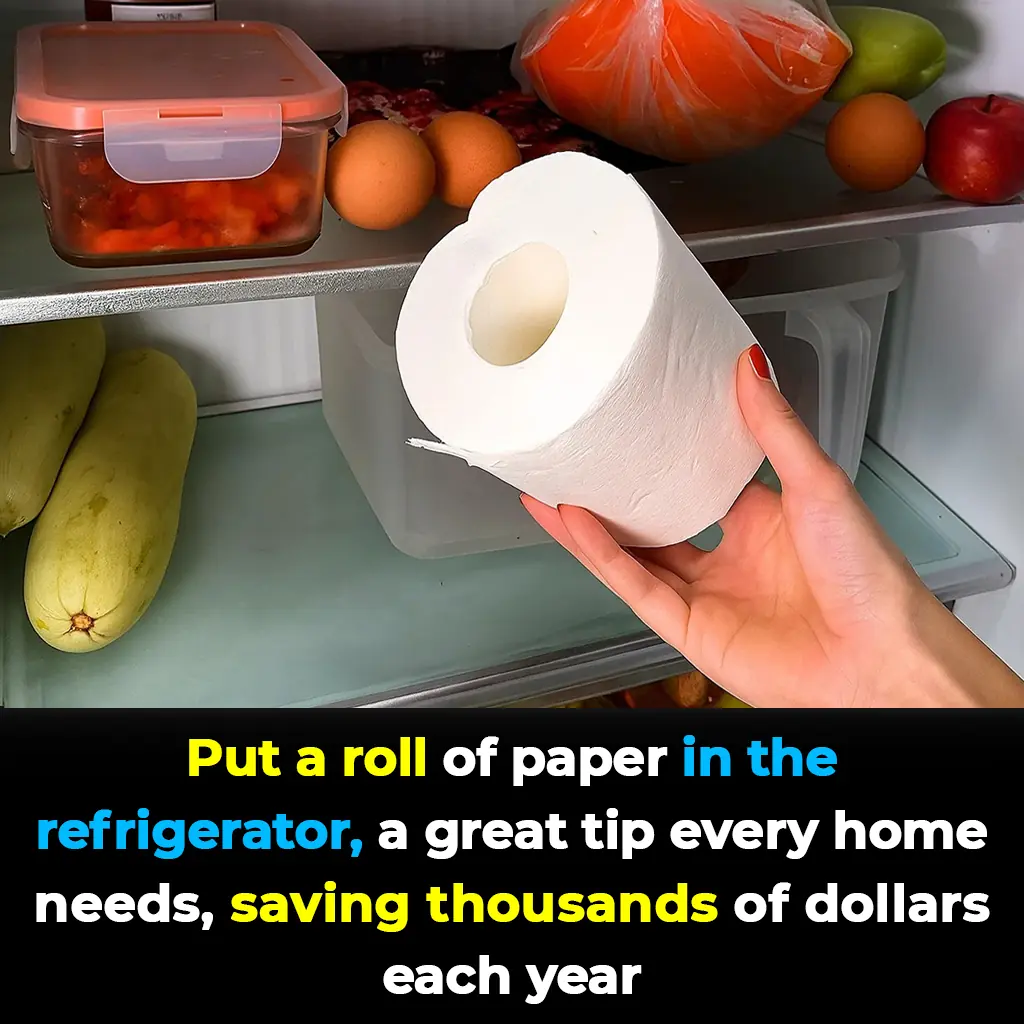
Put a Roll of Toilet Paper in the Fridge Overnight: The Unexpected Hack That Saves Families a Fortune
A simple household item can become a powerful money-saving tool if you know how to use it wisely. Believe it or not, placing a single roll of toilet paper inside your refrigerator overnight can help reduce odors, prevent frost buildup, and even cut down y

This is the reason why you should plant aloe vera in your home right away.

Groom-To-Be, 28, Dies of Acute Liver Failure After Eating Chicken: Doctors Urge the Public to Beware of This Hidden Danger
The tragic story of a young man in China who was preparing for his wedding but suddenly died from acute liver failure after food poisoning has shocked the nation. Experts warn that improper food handling and consumption of spoiled or contaminated food can

He Never Drank Alcohol but Died of Liver Failure: Doctors Reveal 4 Common Foods That Quietly Destroy the Liver
A man who stayed away from alcohol his entire life shocked his family when he was diagnosed with liver failure and passed away at just 55 years old. Doctors warn that alcohol is not the only enemy of the liver—certain everyday foods can be just as destr
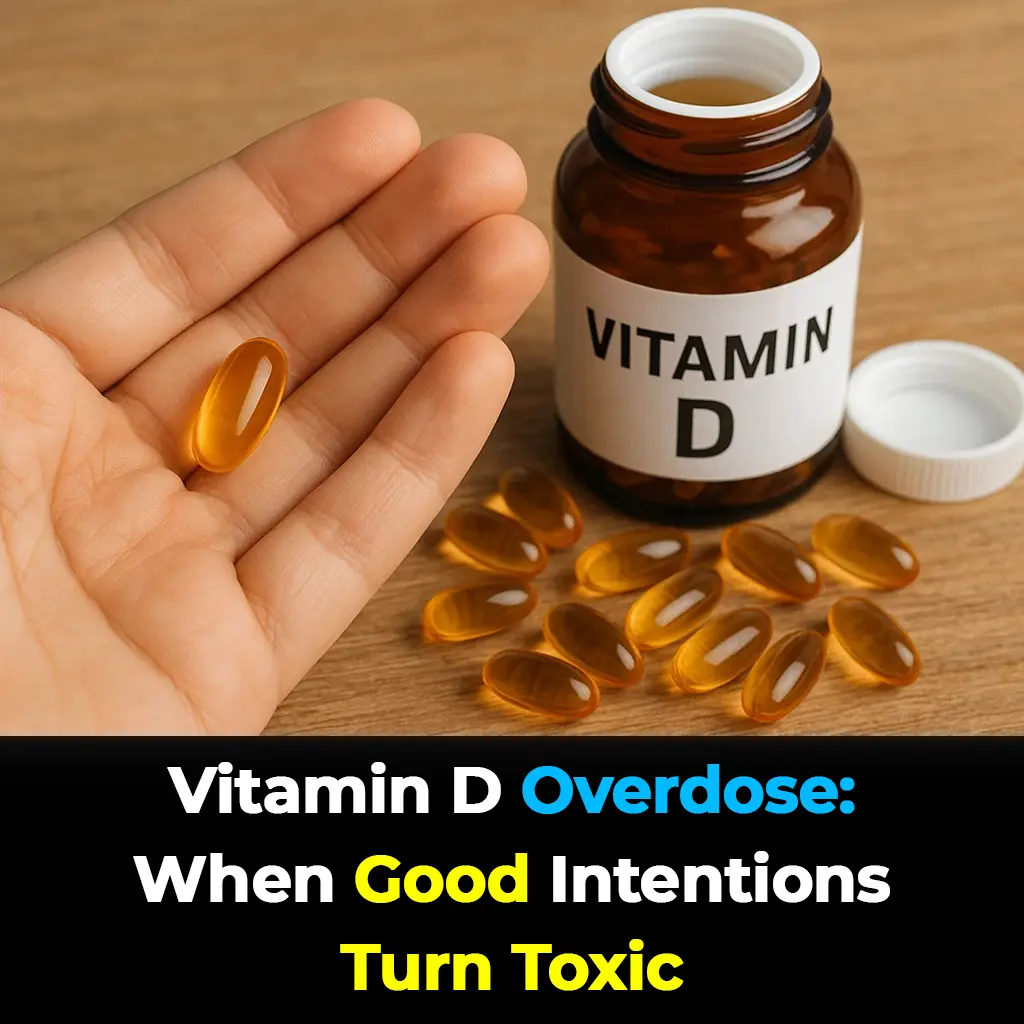
Vitamin D Overdose: When Good Intentions Turn Toxic
Vitamin D is often celebrated as the “sunshine vitamin,” vital for bone strength, immune health, and even protection against certain chronic diseases. But while moderate amounts are essential, excessive or unsupervised intake can be toxic—and in som
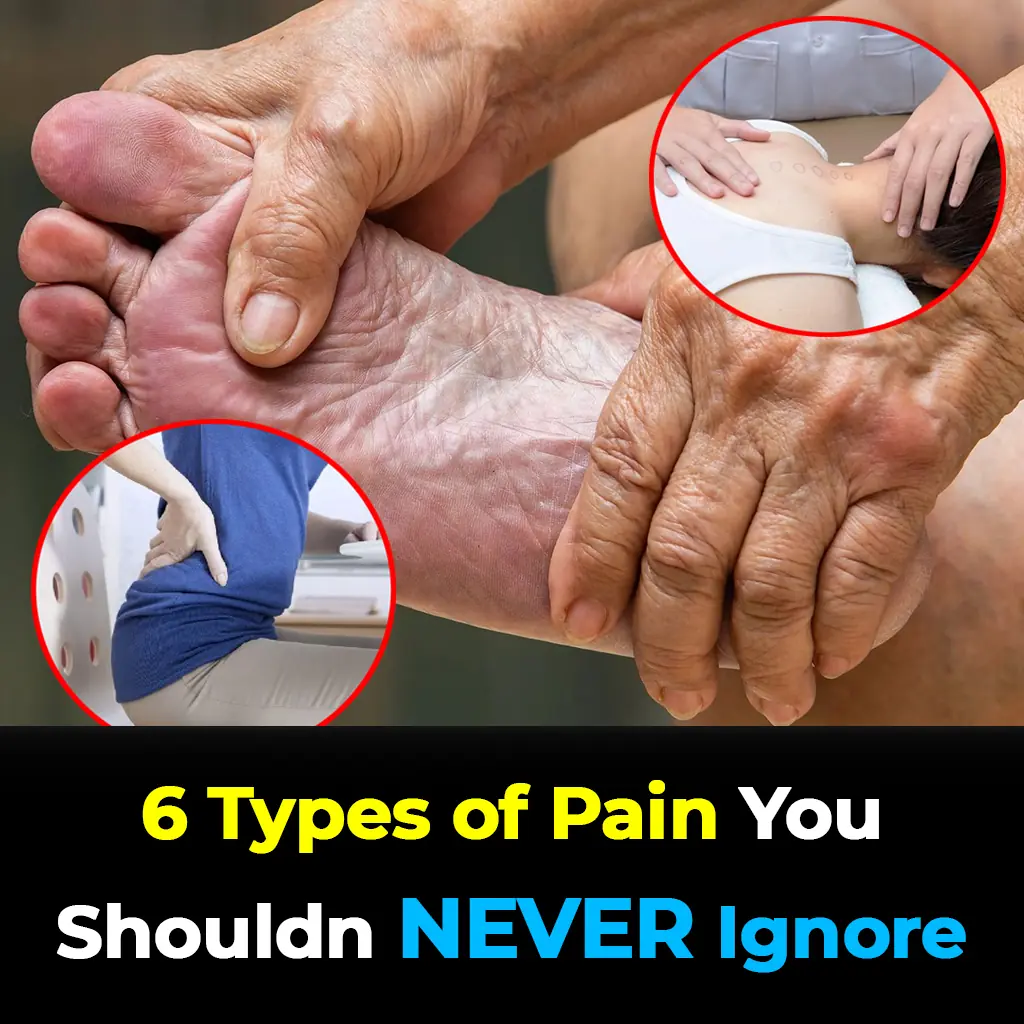
6 Types of Pain You Shouldn’t Ignore
Occasional mild discomfort may not require urgent care, but sudden, unexplained, or severe pain always deserves medical attention.

Why You Shouldn’t Be Washing Bath Mats in the Washer

Snakes in Your House

Sessile Joyweed (Alternanthera sessilis): 6 Incredible Health Benefits and How to Use It Naturally

Top 5 Amazing Tips for getting rid of Blackheads and Whiteheads
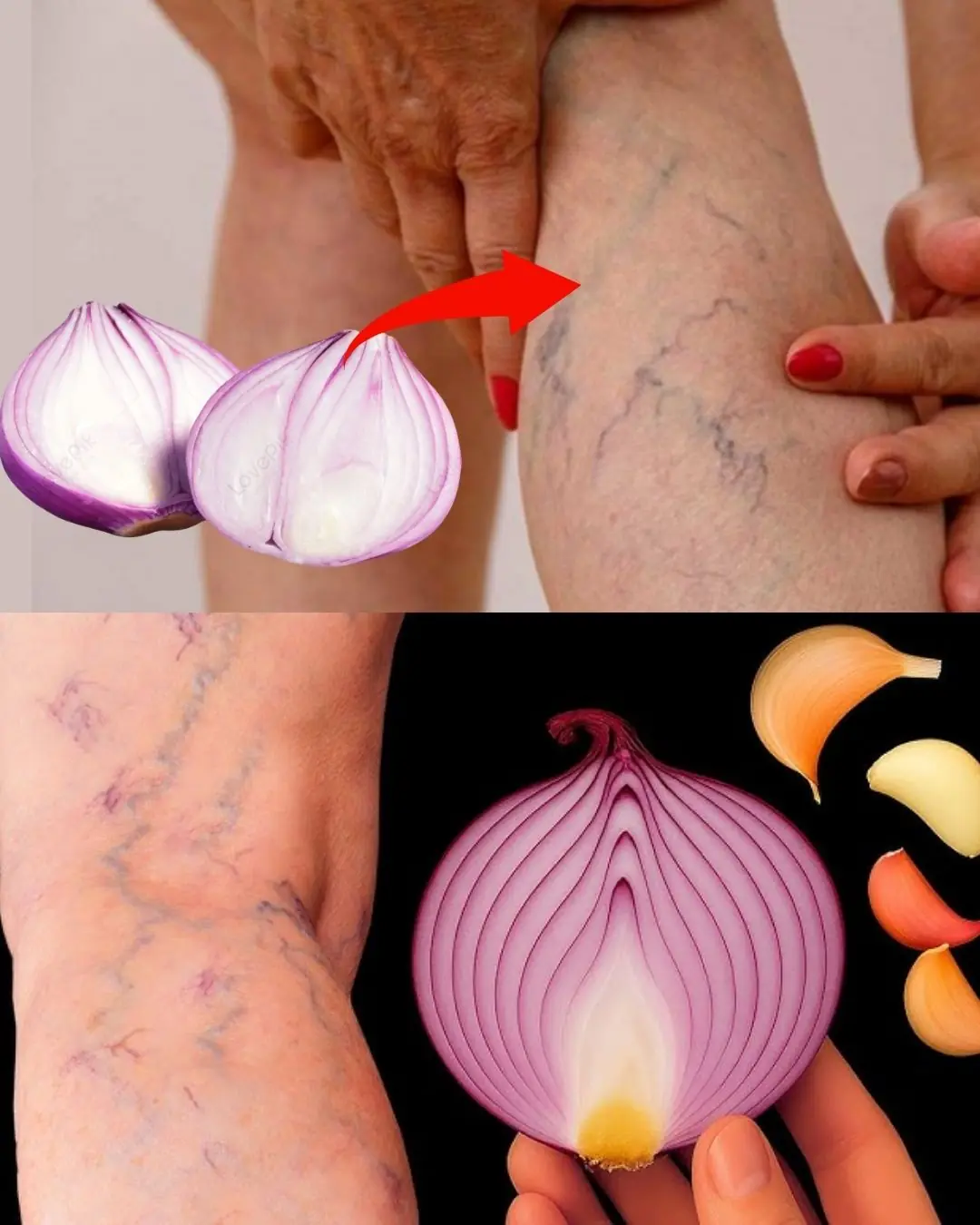
✨ Unbelievable! This Is a Vein Killer! Erase Varicose Veins Like an Eraser! 🔝 2 Natural Recipes 🤩
